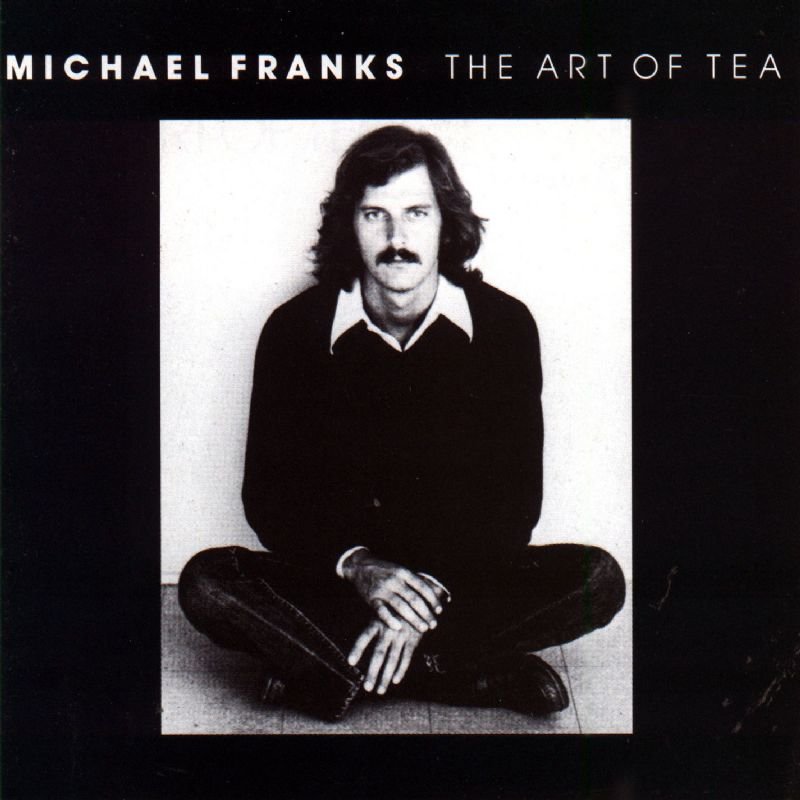The Art of Tea by Michael Franks
/The Art of Tea by Michael Franks
Flushed somewhere between the expert jazz rock of Steely Dan, Bob James and James Taylor's smoother craftsman-like moments lies Michael Franks. And on his major label debut, 1976's The Art of Tea, Michael Franks sounds pretty damn convincing — especially if you're listening to him on a yacht!
The Art of Tea was released on the famous Warner Bros.' subsidiary, Reprise Records, which Franks was signed to after he made his first album on the Brut Record label (yes, friends, we are talking about a defunct label that was owned and operated by the discount cologne company. Hilarious.)
Indeed, Franks was a perfect artist for Brut Records. In some ways, he is absolutely a musical equivalent of that fragrance. He is not unsophisticated and undeniably agreeable — though there is an element of evenness in his vocal delivery that makes him feel somewhat like a Central-Park-bootlegged version of some of his (frankly, better) major label contemporaries. And that's probably why he never went gold or platinum on this higher-profile record.
But, truly, Franks is no slouch as a composer on Tea as evidenced by the musically imaginative and lyrical opener "Nightmoves," the breezy ballad "St. Elmo's Fire," and the should-have-been-minor-hits "Monkey See-Monkey Do" and "I Don't Know Why I'm So Happy I'm Sad." And, boy, is he assisted marvelously by a truly platinum cast of supporting musicians: Larry Carlton, Joe Sample, David Sanborn, Michael Brecker — I mean, come on!
Put simply, The Art of Tea pretty much sounds like the diet version of Paul Simon's Still Crazy After All These Years (released one year prior in 1975.) Yet, Simon's album is a classic and was named 'album of the year' at the 1976 Grammy Awards. So, truly, you could do well worse than listening to this absolutely-worthy, consistent cousin of an album, wonderfully delivered by Michael Franks.



